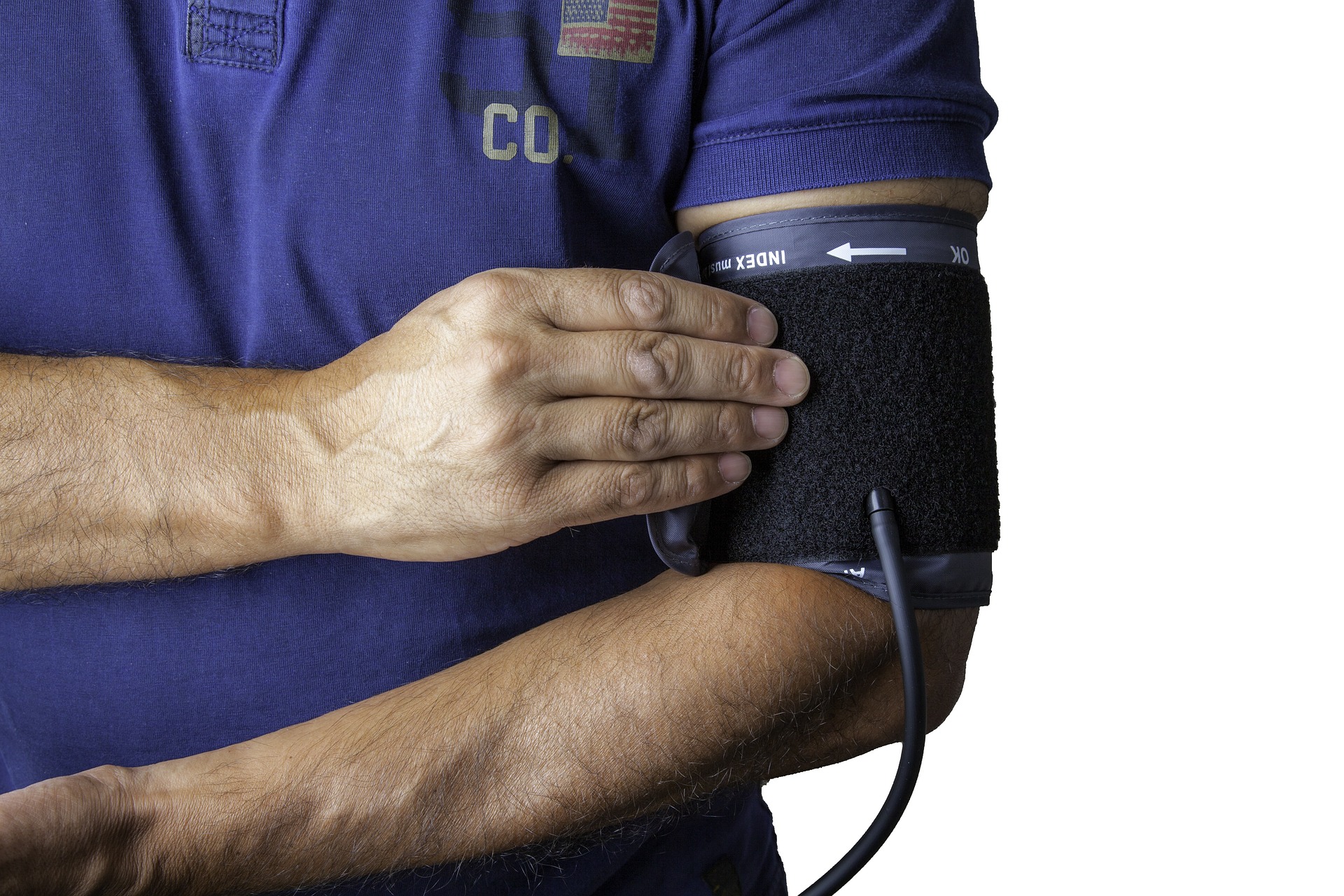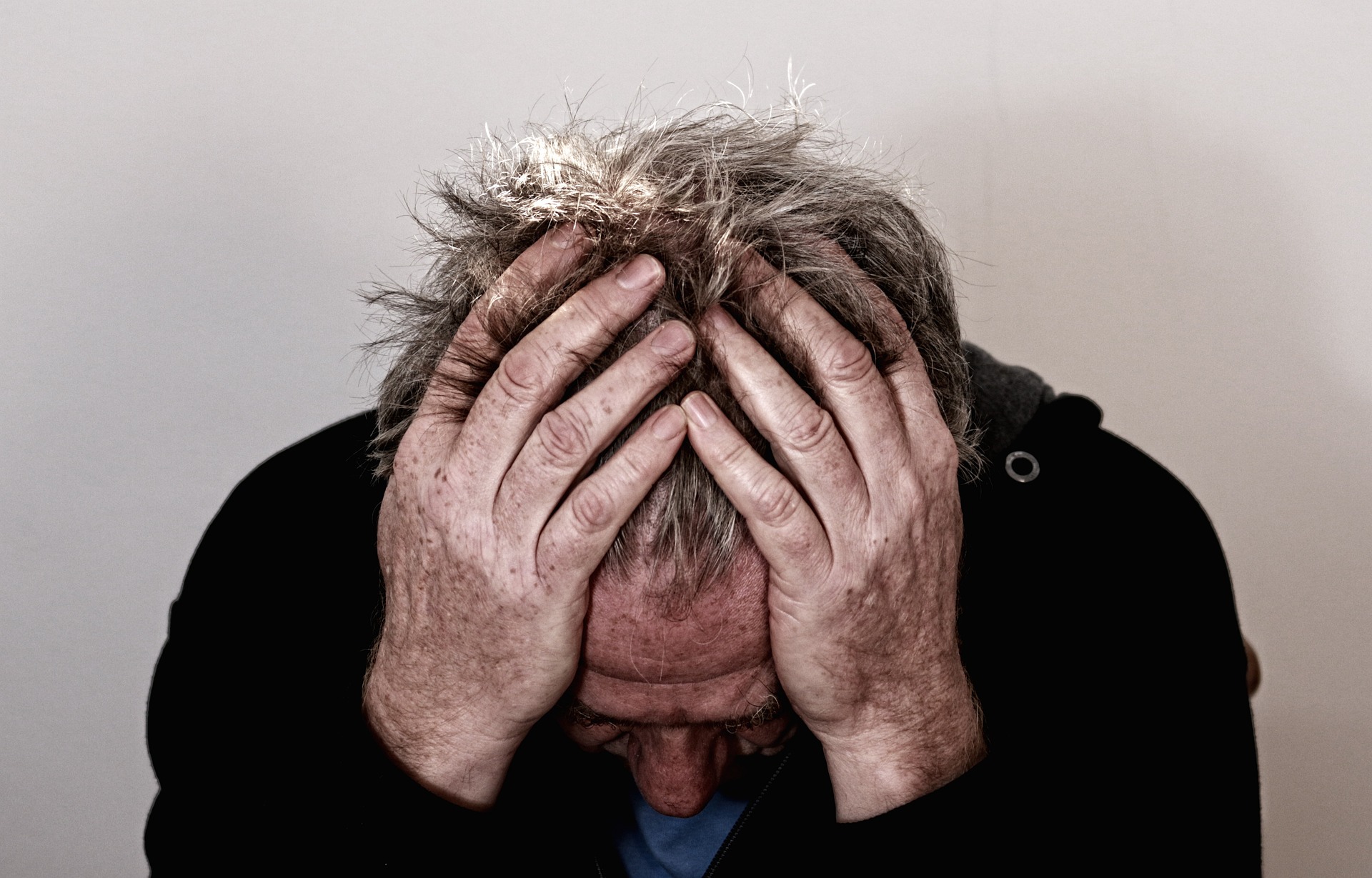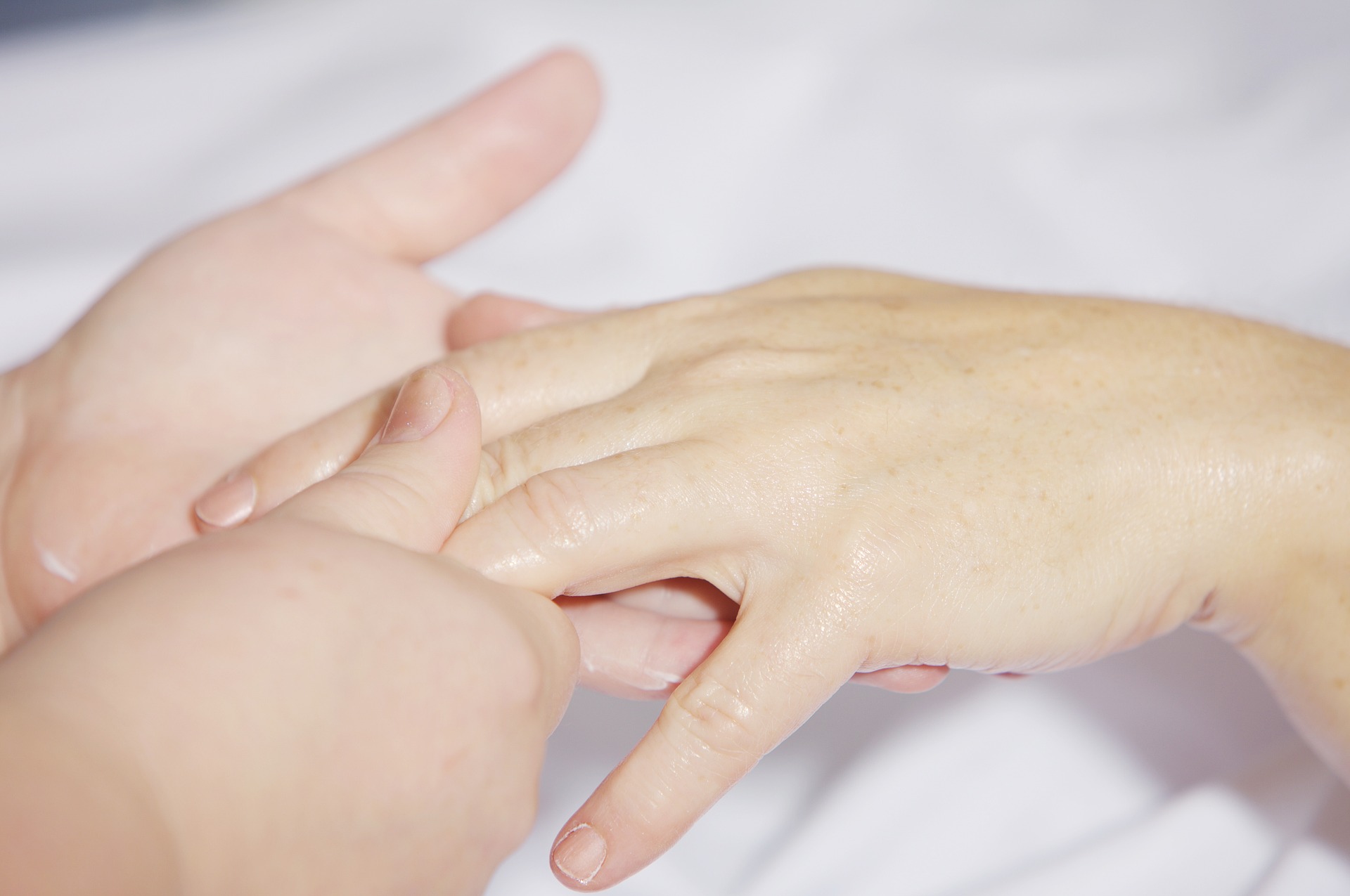How To Get Someone Mental Help When They Refuse
Who Needs Therapy?
It is the owner of WKTA’s belief that everyone can benefit from psychotherapy at some point in their lives. It makes sense that at some point in everyone’s life they will encounter something very difficult such a loss of a loved one, divorce, serious medical illness or more. In addition, the long standing statistic is that about 20% of America is “diagnosable” with some kind of mental health challenge. That is one out of every five people. So whether someone is coping with a persistent mental health challenge or encounters a major life challenge, therapy can benefit.
What Can Mental Health Therapy Offer?

Therapy can help people in a vast variety of ways. There are almost so many numerations of how therapy can play out for people it is almost impossible to lump into a simple description. For some people, a well trained therapist may become one the most important relationships in their lives, at least for a period of time. For other people, a therapist is someone who can help them get through something shorter term and acts as a great guide. For still other people, therapy may become a tug-of-war over a long period of time where they get some help, leave therapy, return to therapy and so forth. This is common and okay.
Generally speaking, the goal of therapy is to assist clients in identifying and coping with whatever life challenge they are facing. This can range from a persistent mental health issue to a singular traumatic event.
How To Know When Someone May Need Professional Help
There is an entire course on this any adult can take to help answer this very question. It is called Mental Health First Aid. We highly recommend people take this as it is often free and offered in most communities. However, generally speaking, if you have an acquaintance, coworker, friend or family member who seems to be acting differently over a period of time, it might be a sign that they are struggling psychologically. They may be more withdrawn, irritable, on edge or anxious. They seem less motivated to do things they normally enjoy. They may start dressing differently, change their physical appearance or generally acting “not like themselves”. Alternatively, they may verbalize they are not well or report physical issues (e.g. stomach issues). Everyone has “bad days” or “bad weeks”, but it is always okay to genuinely ask someone how they are doing and express care.

Why Would Someone Not Get Help?

This is a major question in the field of mental health and one that people literally dedicate their lives to studying. There are many people who consider getting help for themselves or for a child in their care but there are many reasons why they do not.
One of the biggest reasons is the stigma surrounding mental health challenges. In the midwest where WKTA is located, there is a pervasive cultural belief that people should be able to “deal with life” or “be thankful for what they have”. Well, the definition within most mental health diagnoses is that despite people trying to “deal with it”, there is significant struggle in multiple facets of their lives. So, sometimes neglect getting help because they call it a “phase” or say their child will “grow out of it”. However, this is certainly not always the case.
Other people do not get help because of different fears they might have regarding therapy and actually working with their challenges. For some people, they simply do not believe that a therapist could understand what they are going through. Therapists understand this dynamic. We certainly do not assume we know your story and then proceed to give you “advice”. Therapists work to listen to your story and honor the shoes that you walk in without perhaps knowing what it is actually like to wear your shoes.
Still, other people are ashamed of the challenges they have. Many people struggle in silence. It takes courage to call a therapist, go see the therapist and eventually share something difficult to say aloud.
Lastly (at least on this short list), is that some people simply do not know they have some sort of issue. Most therapists have worked with clients who come to therapy for one reason but then learn the “reason” for their issue is actually the underlying challenge. For instance, someone may get in a serious car accident and then three months later start having panic attacks most mornings when they have to commute to work. It sounds simple, but many people may not make this connection. It is hard to see oneself in the mirror this way.
When To Stop Helping Or Trying To Help
It is important to understand when it is time to step back and stop trying to help. Again, Mental Health First Aid is a great model that teaches this and is free in most communities (check your local community mental health center or non profit) Essentially, if you are not a licensed therapist doing therapy with a client then you should not being trying to diagnosis someone or “treat”. Even if the person says they do not trust anyone else, they still should see a professional. One thing you can do is offer to attend their first therapy appointment with them.
It is okay to set these boundaries with people as well. You can use the phrase, “I am happy to be a bridge to help you get help, but I don’t know enough to help you in ways a therapist might be able to”.
Lastly, depending on the issue and whether safety is involved, it is okay to let people find their own path. Forcing someone to go to therapy might not be helpful. If it is a child in your care, consult with the therapist. If it is a coworker, friend or family member, you might need to consult a therapist for your own reassurance. This can be helpful.
The Problem With Not Getting Mental Care On Time
Not getting mental care on time can have serious consequences. Untreated mental health issues can lead to an increased risk of substance abuse, a decrease in overall quality of life, and other physical health issues such as heart disease or type 2 diabetes. Mental illness can also increase the risk of suicide and self-harm.
These ripple effects of deteriorating mental issues can be prevented by getting proper mental care on time. It is important to remember that mental health is just as important as physical health and should not be ignored or taken lightly.

Stages of Psychosis and Psychotic Episodes

Psychosis refers to an altered state of mind in which a person experiences distorted or disorganized thoughts, feelings, and perceptions. This can be diagnosed by mental health professionals such as psychiatrists and psychologists.
Psychotic episodes are periods of intense symptoms that may include delusions, hallucinations, paranoia and confusion. These episodes can last from minutes to days or weeks and vary in intensity.
The Various Stages of Psychosis
The stages of psychosis can be broken down into the following categories: Prodrome, Acute, and Recovery.
Prodrome Stage
This is the earliest stage of a psychotic episode and involves subtle changes in behavior or mood. Symptoms may include anxiety, difficulty concentrating, social withdrawal, feeling overloaded and some paranoia.
Acute Stage
During this stage, symptoms become more pronounced and intense. Much more noticeable symptoms become pronounced such as delusions and psychosis.
Recovery Stage
Recovery from a psychotic episode involves the symptoms decreasing significantly and people becoming re-set in their lives.
How To Help Someone Engage in Therapy
Respect the person’s autonomy
Try to focus on providing a supportive environment and making sure they feel heard and respected. Offer to help the person research mental health resources or treatment options that may be available to them. Ask if there are family members or friends they would like you to reach out to for support.
Acknowledge the difficulty of asking for help
Reaching out for help can be very difficult for some people. Expressing this and “joining” with them in this struggle can be very validating. Getting help cannot be forced, threatened or pressured.

Seek education on mental health and understanding the signs of someone in need of help
It is important to know the signs of someone in need of help, as well as what resources are available. Being better informed can help you provide emotional support and assistance to those who may be struggling.
If you are interested in doing this, finding a Mental Health First Aid course can be a great path. Most communities, even rural areas have an organization trained to provide Mental Health First Aid. Oftentimes it is as little or no cost.
When indicated involve family members, friends, and other people who can provide emotional support
If you are concerned about someone but maybe they are not responding to you, it can be helpful to reach out to their loved ones who might be skillful in engaging the person and maybe making process.




